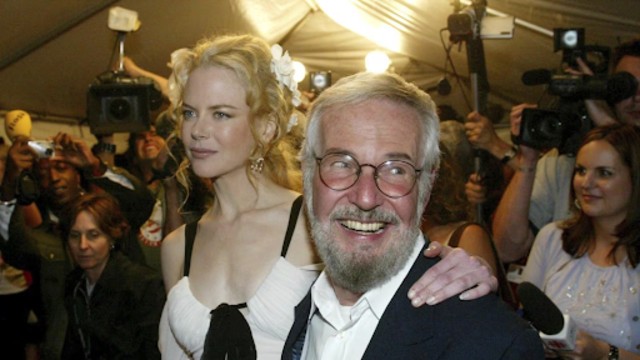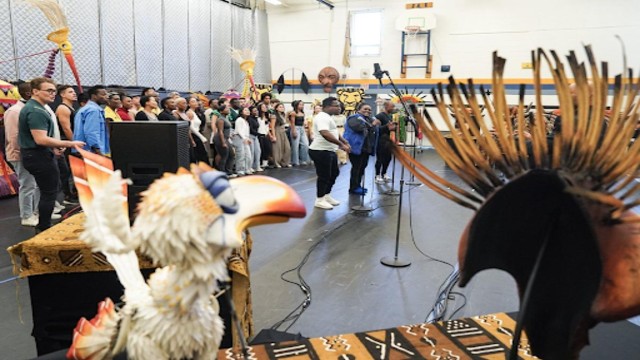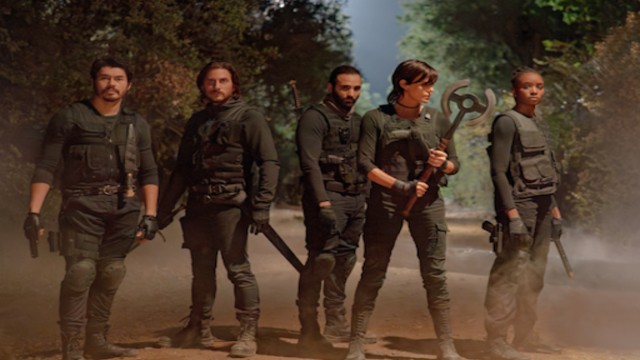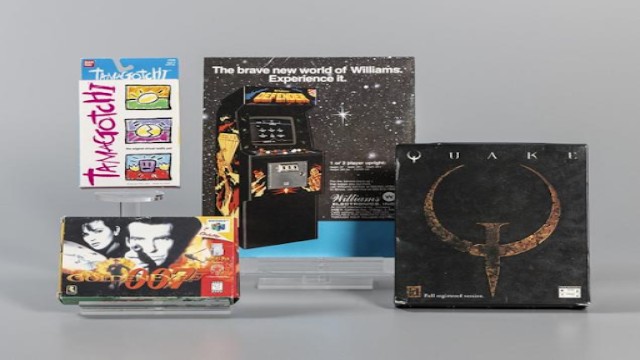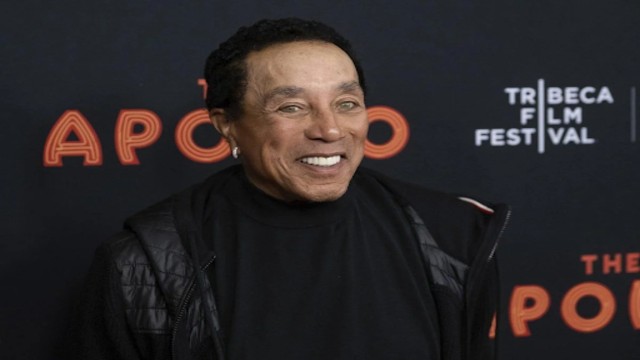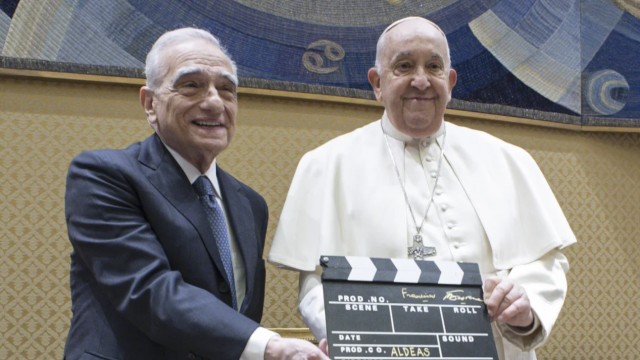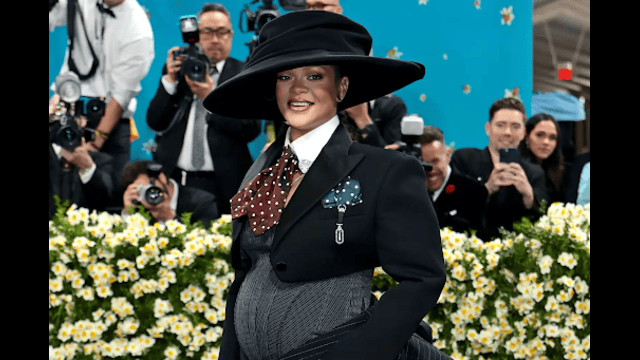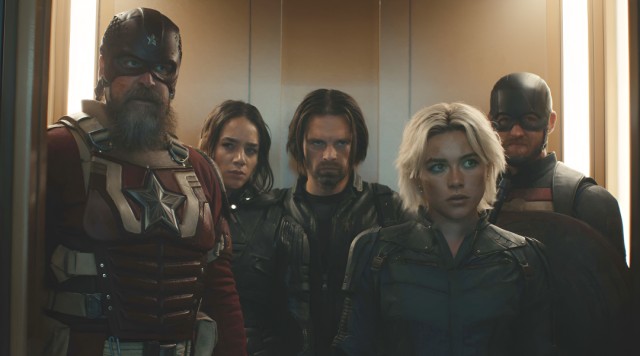
Mark Strong and Jihae in 'Dune: Prophecy.' Max
The conclusion of an old war leads to a power shift in a distant, fantastical realm. From then on, a single group dominates society while others engage in dangerous plots to seize control — or meet their demise in the attempt.
If this sounds familiar, it might be because it describes two HBO series that aired episodes this year: House of the Dragon, which wrapped up its second season this summer, and the newly launched Dune: Prophecy, inspired by Frank Herbert’s novels and most recently brought to life on film by Denis Villeneuve.
Following the success of HBO’s Penguin, Dune: Prophecy enters the scene with high expectations as another adaptation of a sweeping epic. Early reviews have compared it to Game of Thrones, but is that fair for a series rooted in its own celebrated universe? Now that the premiere episode, “The Hidden Hand,” has debuted, let’s explore how Dune: Prophecy stacks up against House of the Dragon.
Emily Watson as Mother Superior Valya Harkonnen in Dune: Prophecy. Max
Parallels Between Two Epic Worlds
Both series kick off with historical context. Dune: Prophecy is set 116 years after a devastating war and over 10,000 years before Paul Atreides’ time, while House of the Dragon occurs 100 years after Aegon’s Conquest and 172 years before Daenerys Targaryen’s birth. Each show provides this background through title cards after their respective opening sequences, though Dune’s is longer and more brutal.
At their core, both shows revolve around power and thrones. In Dune: Prophecy, Mother Superior Valya Harkonnen (played by Emily Watson, with Jessica Barden portraying her in flashbacks) envisions reshaping the Imperium for an ideal future. Similarly, House of the Dragon centers on the Iron Throne and the political schemes surrounding it. Intrigue and betrayal fuel both narratives.
Familiar character archetypes appear as well. Travis Fimmel’s Desmond Hart, a radicalized soldier with his own agenda in Dune, resembles Daemon Targaryen in his unpredictability. Mark Strong’s Emperor Corrine shares traits with King Viserys, making morally complex decisions for what he perceives as the greater good. Meanwhile, Valya and her sister Tula evoke the dynamic between Rhaenyra and Alicent.
Shared Story Beats
The similarities extend to plotlines. Dune: Prophecy packs a lot into its first episode, covering ground that House of the Dragon took five episodes to address. A forbidden romance between a princess (Ynez, played by Sarah-Sofie Boussnina) and her sworn protector (Keiran Atreides, portrayed by Chris Mason) mirrors Rhaenyra’s relationship with Criston Cole. Both unfold during outings to their worlds’ versions of nightclubs.
Even their weddings follow a comparable trajectory. In Dune, a young prince meets a fiery end due to a dangerous mechanical toy, echoing the deadly chaos of Rhaenyra and Laenor’s wedding. Royal childhood betrothals, violent surprises, and shocking betrayals abound in both series.
Can Dune: Prophecy Stand Out?
There’s no denying the overlap between Dune: Prophecy and House of the Dragon. Dune even includes a crucial prophecy tied to a relic, the Breeding Index, reminiscent of the Targaryens’ Valyrian dagger and its Song of Ice and Fire message. Yet, themes of royal bloodlines and the corrupting allure of power have long fascinated audiences.
The question remains: can Dune: Prophecy carve out its own identity among these epic tales? With five episodes left, there’s time to see if it can bring something fresh to the genre.
New episodes of Dune: Prophecy air Sundays at 9 p.m. on HBO and stream on Max.


